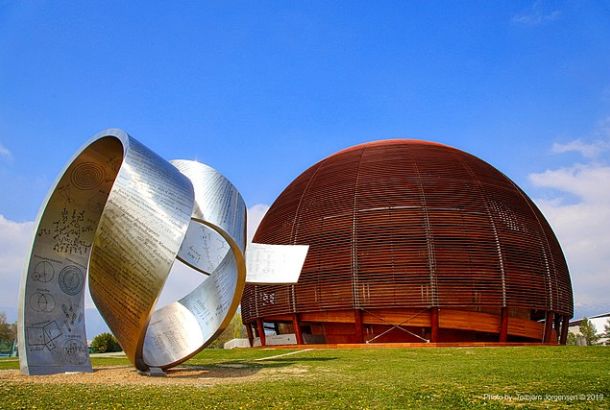New study reveals the importance of being in tune with the Earth
By Rossy Natale
A team of researchers, including the University of Manchester’s Andrew Loudon, have released a study detailing the importance of having a sleep/wake cycle that is in tune with the Earth’s rotation.
Most animals have an internal circadian clock that operates cyclically over 24 hours. These are in tune with the rotational speed of the Earth and drive when we sleep, eat, and wake. The research team has found that mice who have abnormal circadian clocks are less likely to survive and reproduce.
After inducing a genetic mutation that caused the clocks of the mice to run on a 20 hour cycle, rather than the conventional 24, the team tracked the survival and reproduction of these mutated mice and compared the figures to those from normal mice with a normal body clock. As the paper outlines, there is “strong selection against short period genotypes”, which was seen as the mutated mice had higher mortality rates.
These findings are relevant for multiple aspects of human life too, as we can often be subject to abnormal light/dark cycles. The study has shown the importance of having a circadian clock that is in tune with the Earth.
The research may also have implications for space travel. Loudon explains that “the rotation speed of Mars may be within the limits of some people’s internal clock, but people with short running clocks, such as extreme morning types, are likely to face serious intractable long-term problems.”
“The body clock has evolved as an essential survival component for life on earth. A correctly ticking body clock is essential for normal survival in the wild, and this has to be in phase with the rotation speed of the earth.”
The study was published in PNAS.







